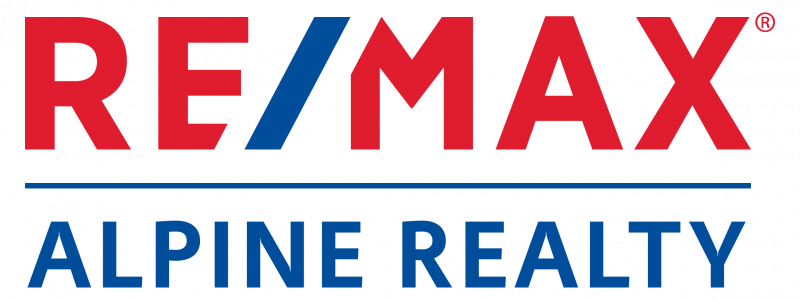If you’re considering buying a short term rental (Airbnb) property, you may have heard of something called “deferring the GST.” This term is thrown around a lot in real estate conversations, but it can be tricky to understand what it actually means. In this blog post, I’ll explain what GST is, which style of properties are subject to the tax, what deferring the GST really is and why it might be a good option for some investors.
First, what is GST? It’s goods and services tax, a multi-level value-added tax that was introduced to Canada in 1991. But who actually has to pay it? Well, almost everyone does on taxable real estate, goods and services. It’s ultimately up to businesses/seller to collect and remit this tax on behalf of customers.
So, when you buy certain types of real estate, the seller needs to collect and remit GST. Used residential real estate is almost always exempt, but new construction and nightly rental properties normally aren’t.
For newly built homes or condos, you’ll be paying a 5% GST on the total purchase price – including land. But if you plan to settle in your new place as your primary residence, it may qualify for partial relief from this tax (depending on the purchase price). For more information on potential GST Rebates please follow this link.
Properties that are used for nightly rental revenue purposes are classified as commercial assets and therefore also subject to GST.
When GST is applicable on a nightly rental property, Buyers can assume liability for remitting the GST on the seller’s behalf, and then pay it with their input tax credit. This means that buyers don’t need to come up with an extra 5% in cash upon purchase. This process is often referred to as “deferring the GST”.
The main advantage of deferring the GST is that it eliminates the need for buyers to come up with extra money upfront when they purchase property. However, it’s important to note that not all properties are eligible for deferring the GST–only properties intended entirely as revenue generating properties qualify. Deferring the GST also requires paperwork and can add complexity to real estate transactions – so make sure to ask your accountant and lawyer in advance of finalizing a sale.
Conclusion:
In summary, deferring the GST can be a useful option for buyers who are purchasing revenue generating properties. While deferring does eliminate this problem, it’s important to note that not all properties are eligible and that paperwork needs to be filled out in order to successfully complete a deferred-GST transaction.
If you’re considering buying property and want to find out if deferring your GST payment could work for you, talk to your accountant! They’ll be able to provide more information about whether or not this option makes sense for your situation.



